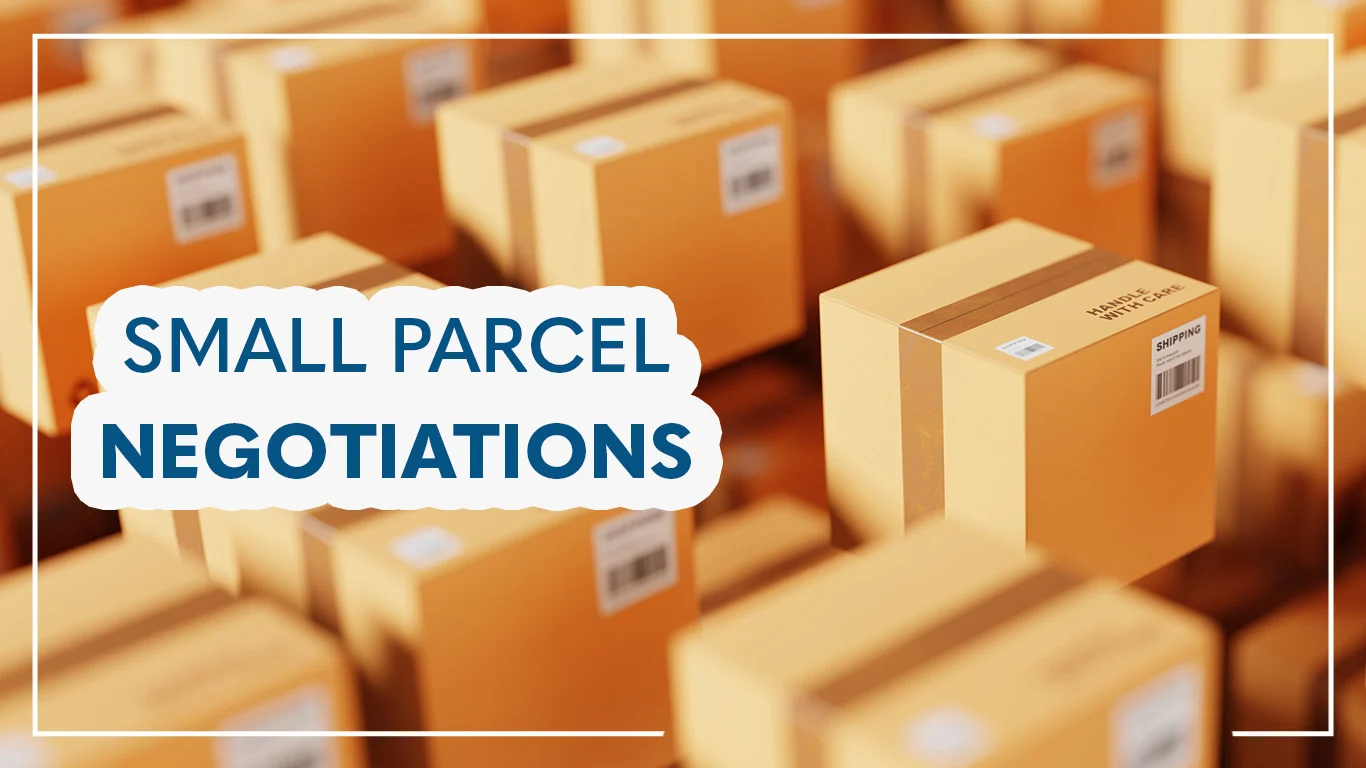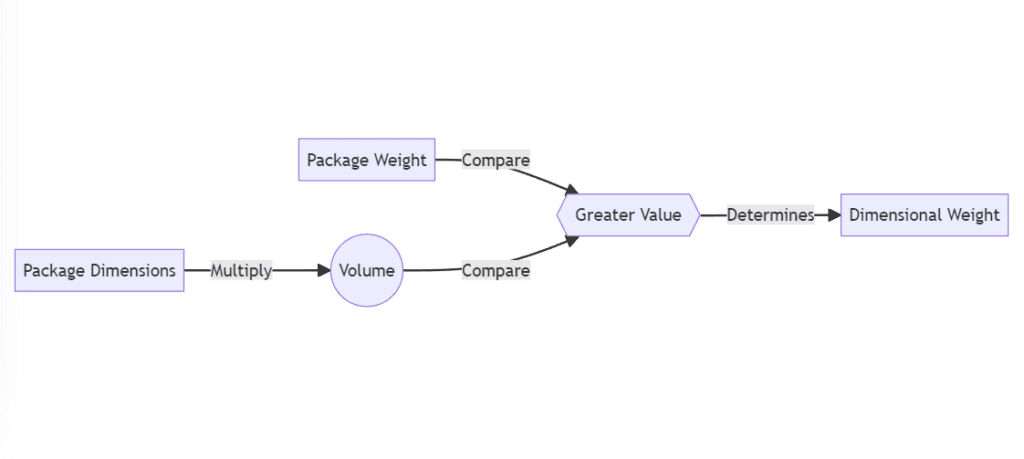
Small parcel shipping can be a labyrinth of decisions and procedures for businesses. Our expert guide offers in-depth understanding, actionable advice, and strategies to help you navigate this intricate process.
Understanding the Basics of Small Parcel Shipping
Small parcel shipping, at its core, involves sending items weighing under 150 lbs. These items are usually handled by carriers such as FedEx, UPS, DHL, and USPS. Understanding the weight, dimensions, and nature of your products is crucial in determining the most effective small parcel shipping strategy for your business.
Advantages of Small Parcel Shipping
Small parcel shipping brings numerous advantages that can boost your business’s logistics efficiency:
- Cost Efficiency: Smaller, lighter packages generally translate to lower shipping costs. Additionally, many carriers offer volume-based discounts for small parcels.
- Tracking Capabilities: Almost all carriers offer sophisticated tracking systems, allowing you and your customers to monitor a shipment’s progress.
- Global Reach: Many carriers operate internationally, enabling you to ship small parcels across the globe.
Understanding Carrier Rates
While cost efficiency is one of the advantages of small package delivery, understanding carrier rates is crucial to maximizing this benefit. Carriers usually base their pricing on a shipment’s dimensional weight, which takes into account both the package’s physical weight and its dimensions.
Mermaid diagram depicting the calculation of dimensional weight:

Navigating Carrier Restrictions and Requirements
Each carrier has its own set of rules and restrictions on the size, weight, and contents of the parcels they handle. Familiarizing yourself with these can help prevent disruptions in your supply chain.
Using Technology to Optimize Small Parcel Shipping
To truly master small package delivery, consider utilizing technology. From carrier comparison tools to automated label printing, technological advancements can streamline your shipping process, reduce errors, and improve customer satisfaction.
Creating a Return Policy
An effective return policy is crucial in e-commerce. It can serve as a competitive advantage, enticing potential customers and fostering loyalty. Ensure that your return policy is clear, fair, and easy to find on your website.
Insuring Your Shipments
While carriers typically offer a base level of insurance, this may not be enough to cover high-value items. Additional insurance can provide peace of mind and protect your bottom line.
Sustainable Small Parcel Shipping
Sustainability is an increasingly important consideration in shipping. Opt for recyclable or biodegradable packing materials where possible and consider working with carriers that offer carbon-neutral shipping options.
By understanding and leveraging the various factors involved in small parcel shipping, your business can realize significant benefits. This comprehensive guide serves as a starting point for mastering this complex, yet crucial aspect of e-commerce.